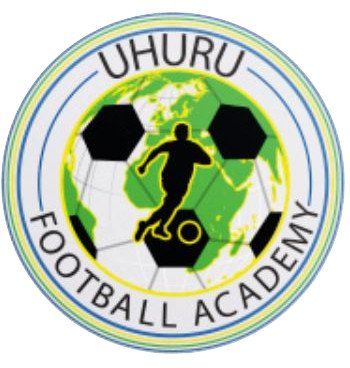Elite Pro Training Method
Adversity Causes Some To Break; Others To Break Records. ” William Arthur Ward
Elite training is tailored to each individual according to their age, focusing on fostering a comprehensive grasp of both fundamental and advanced skills, and on effectively applying these skills in competitive environments. Athletes are organized into groups based on psychological, physical, technical, and tactical abilities that align with those of their peers.
The Training Method
Instill confidence and boost self-esteem in athletes.
Elevate the intensity of competition in training sessions.
Foster a creative environment that allows athletes to learn at a pace that supports their development.
Enhance athletes' technical and tactical abilities, addressing weaknesses in their skill level to improve overall performance.
We believe that individual training should be an enjoyable experience. Often, people link individual training with tedious drills and long-winded explanations from coaches, but that's not the case at Uhuru!
At Elite Training, we believe in the power of pairing athletes with similar technical and tactical abilities during practice sessions. This approach not only challenges footballers to continually enhance their skills but also fosters a highly competitive training setting that motivates them to excel.
Elite Training Phases
The Creative Phase
> This phase players get to try experiment with a given technique , and get acquainted with it and decided for themselves what its most important in future are.
Experiment
No pressure
The Point Phase
>Time limit
Scoring system
Players try to score a certain number of points within a time period
The Battle Phase
1v1 / 2v2
Players must utilize the techniques they have mastered and implement them in high-pressure scenarios, typically during a practice match.
The Evaluation Process
Our coaches regularly monitor athletes' progress by attending matches to assess their techniques and skills. They review evaluations from team competitions and training sessions to establish the optimal training level that corresponds with the athlete's growth. This assessment also considers the athlete's readiness to tackle more advanced skills.
The Four Pillars of Development at Uhuru Elite Training
- Physical Development--- speed, coordination, Agility, Balance, condition, athletic
- Technical Development
- Tactical Development
- Psychological Development
Age Appropriate Training
**Phase 1 Age 8-10: Physical Development - The Golden Age of Learning**
During this stage, physical development, including coordination, agility, balance, and speed, takes the spotlight. Activities that emphasize these elements are key, with an overall low difficulty level in learning. The primary focus is on fostering passion and enjoyment. Engaging in a diverse array of stimulating and educational games is consistently promoted, utilizing learning games that incorporate repetition with minimal verbal guidance.
**Phase II Age 11-13: Technical Development - Puberty/Transition to Adulthood**
This phase introduces tactical and positional training, mental development, and systems of play/speed of play. The complexity of learning is moderate.
**Phase III Age 14-18: Tactical Development - Elite/Advanced Learning Concepts**
At this stage, advanced technical skills, coordination, and physical development activities take precedence. The emphasis is on speed, quickness, positional play, tactical understanding, field awareness, and mental growth. The degree of learning regarding the system of play and the speed of play is considerably high. Activities during this age are significantly more physically and mentally challenging.
“Winners Never Quit, Quitters Never Wins ” Vince Lombardi
